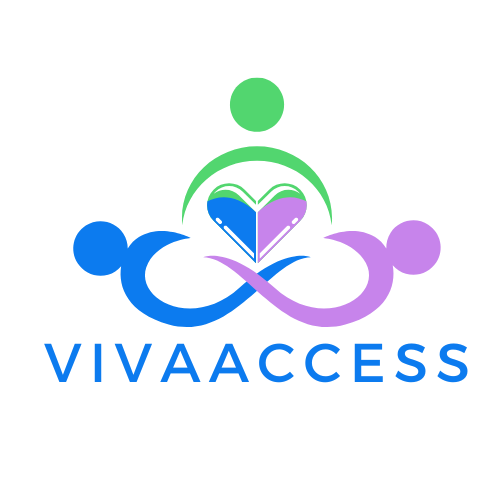Forum
Early Intervention Strategies for Children with Hearing Impairment
(@vivaaccess-net)
Posts: 101
Member Admin
Early intervention is crucial for children with hearing impairment to minimize the impact on their development and maximize their potential. In this debate, we’ll explore various strategies and approaches for intervening early to support children with hearing impairment.
Discussion Points:
- Newborn Hearing Screening Programs: Discuss the importance of newborn hearing screening programs in early detection of hearing impairment and how they facilitate timely intervention.
- Family-Centered Approach: Explore the benefits of a family-centered approach to early intervention, involving parents as active participants in the child’s development and therapy.
- Auditory-Verbal Therapy: Delve into the principles and effectiveness of auditory-verbal therapy, which focuses on developing listening and spoken language skills without relying on sign language.
- Sign Language and Total Communication: Debate the role of sign language and total communication approaches in early intervention, considering the preferences and needs of individual families and children.
- Hearing Aid Fitting and Management: Discuss best practices for fitting and managing hearing aids in young children, including ongoing monitoring, troubleshooting, and adjustments.
- Cochlear Implant Candidacy and Rehabilitation: Explore the criteria for cochlear implant candidacy in children with hearing impairment and the rehabilitation process following implantation.
- Speech and Language Development: Examine strategies for promoting speech and language development in children with hearing impairment, including techniques for auditory skill building and vocabulary development.
- Educational Placement and Support: Address considerations for educational placement and support services for children with hearing impairment, including mainstream classrooms, specialized programs, and individualized education plans (IEPs).
- Social and Emotional Well-being: Discuss the impact of hearing impairment on social and emotional development in children and strategies for supporting their socialization and self-esteem.
- Parental Education and Advocacy: Highlight the importance of parental education and advocacy in navigating early intervention services, accessing resources, and advocating for their child’s needs within educational and healthcare systems.
Conclusion:
Early intervention is a cornerstone in the care of children with hearing impairment, laying the foundation for their future success and well-being. By implementing comprehensive and individualized strategies early in life, we can empower these children to thrive and reach their full potential.
Posted : 18/05/2024 3:41 am







